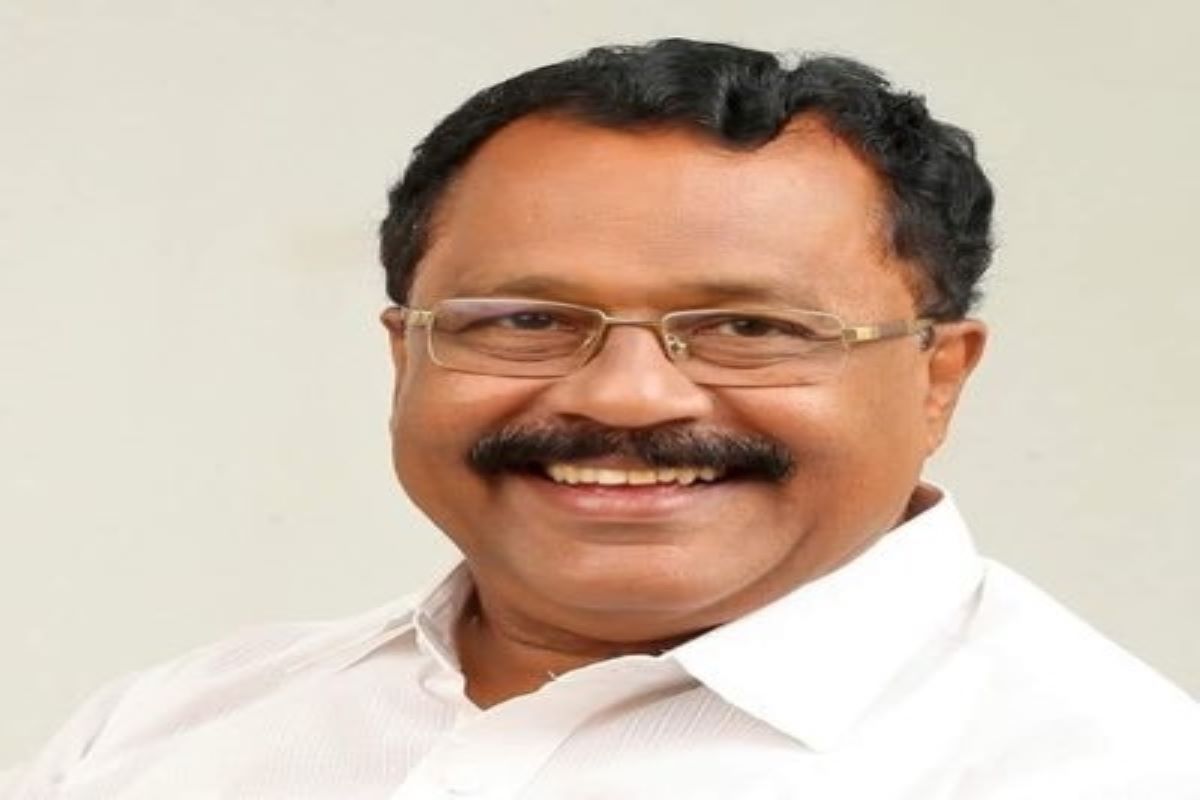RTI decay
Nineteen years ago, on 12 October 2005, India took a bold step toward enhancing transparency and accountability with the enactment of the Right to Information (RTI) Act.
“The basis of democracy is that people are supreme rather than the Governor, Chief Minister, or opposition leader… all are expected to serve the people. They are not the boss of the people,”

Goa Governor P.S. Sreedharan Pillai (IANS photo)
After 10 years of efforts by the previous governors and state governments to resist efforts to bring the Raj Bhavan under the ambit of the Right to Information Act, Goa Governor PS Sreedharan Pillai on Friday, threw open the doors of the gubernatorial institution to RTI queries.
The announcement was made by Pillai at a public function in Raj Bhavan in presence of Goa Chief Minister Pramod Sawant and Leader of Opposition Digambar Kamat, while also refusing to blame the past Governors for not taking such a decision earlier.
“I would like to publicly declare my policy that Governors are bound to furnish information to the people and people are supreme,” the Governor said.
Advertisement
“I do not want to blame anybody, but hereafter RTI with respect to Raj Bhavan will be available for all the citizens,” he further said.
The Raj Bhavan has been at the Centre of a controversy for nearly a decade now, over its refusal to acknowledge itself as a “public authority”, ever since the Goa State Information Commission passed an order in 2011, stating that the institution should share information under the RTI act, because it was a “public authority”.
Following the Commission’s order, which was passed while hearing a petition by local activist Aires Rodrigues, the Raj Bhavan had appealed in the Bombay High Court of Goa challenging the contents of the order.
In the same year, 2011, the High Court also upheld the order of the Commission, following which the Raj Bhavan had appealed in the Supreme Court.
Earlier in his speech, Pillai had extolled the virtues of Mahatma Gandhi in his speech, especially the prism with which the Father of the Nation viewed the people of a country as more powerful in a democracy than an elected representative or one holding a constitutional post like a Governor.
“The basis of democracy is that people are supreme rather than the Governor, Chief Minister, or opposition leader… all are expected to serve the people. They are not the boss of the people,” Pillai said.
Advertisement